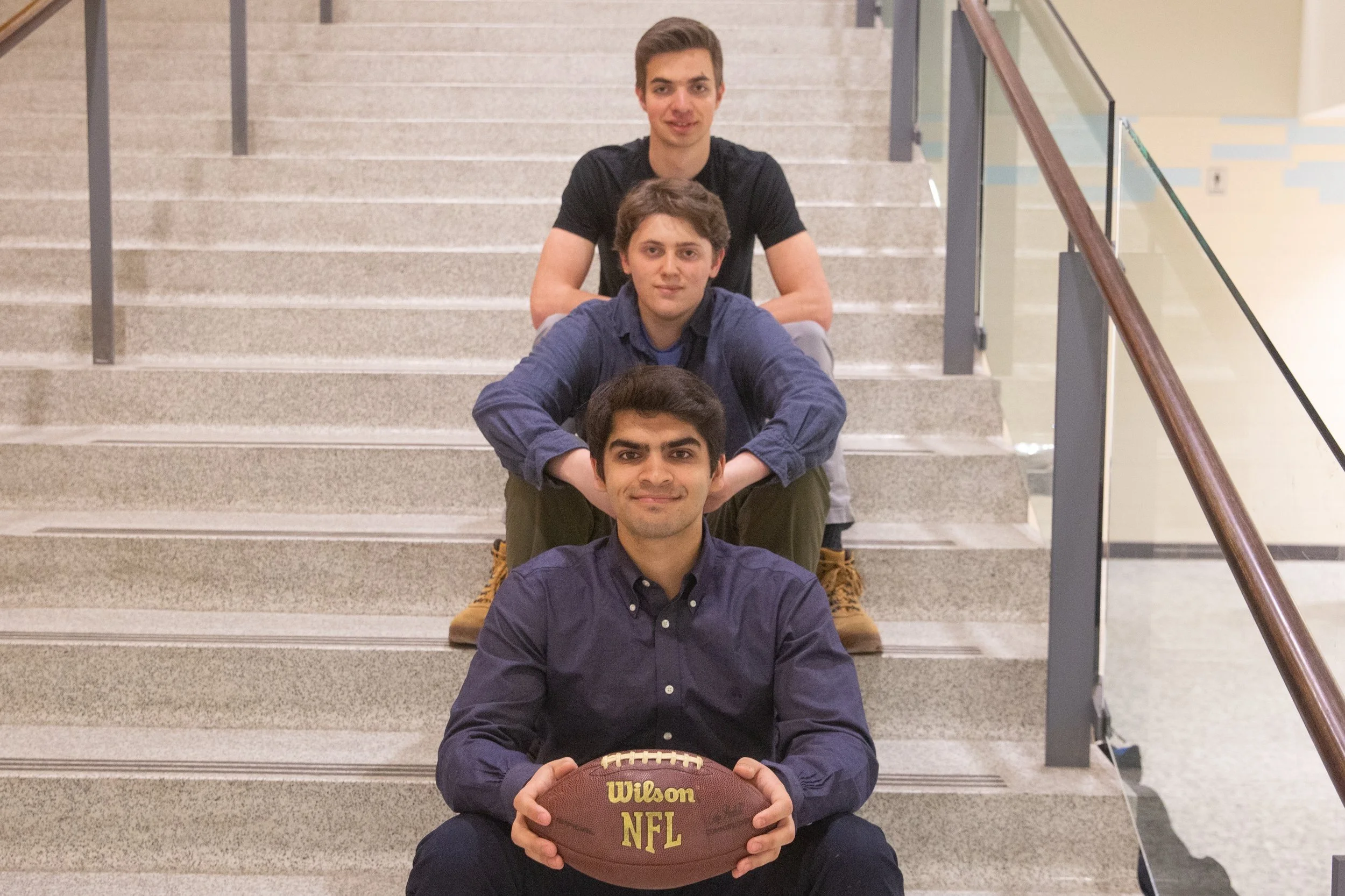New research led by PhD student Majeed Kazemitabaar reveals AI code generators show promise in making programming more accessible for novice programmers learning to code.
Maclean’s ‘Top 10 AI Trailblazers’ list recognizes U of T CS faculty and alumni
Three takeaways from Waabi CEO Raquel Urtasun’s entrepreneurial journey
Computer science alumna co-develops equity-focused therapy platform featuring AI avatars
U of T researchers advancing telescope technology for next-generation ground-based observations
‘There’s a very large group of women who have your back’: computer science mentorship event connects female students and faculty
U of T students score win at NFL’s Big Data Bowl
Global News: U of T AI pioneers highlighted as key players in industry innovation
Some of the top innovators and developments in artificial intelligence have emerged from Canada in recent years, writes Global News, citing the contributions of U of T Department of Computer Science faculty and alumni.
The feature spotlights the work of University of Toronto luminary Geoffrey Hinton alongside other ‘godfathers of deep learning,’ Yoshua Bengio and Yann LeCun.
Tracing the genesis of modern advancements in AI, Global News highlights the seminal roles Hinton’s former students and alumni have played in the current AI boom, including Alex Krizhevsky and Ilya Sutskever, who is chief science officer and co-founder of OpenAI.
“I think over the next many years when people write books about the history of neural networks, which will be the history of AI, there will be huge sections dedicated to the people in Canada and what they were doing,” alumnus Nick Frosst told Global News.
Frosst is the co-founder of Toronto-based natural language processing startup Cohere, alongside fellow alumnus Aidan Gomez and Ivan Zhang, a former U of T computer science student.
Frosst points out heading to Silicon Valley isn’t necessarily the only option for those aspiring to a career in tech.
“I think that dream is less enticing to students as the years go on,” he said. “In part, it’s because Canada is getting better. There’s more opportunity here, there’s more companies, wages are going up — it’s a better place to be a developer,” Frosst told the outlet.











